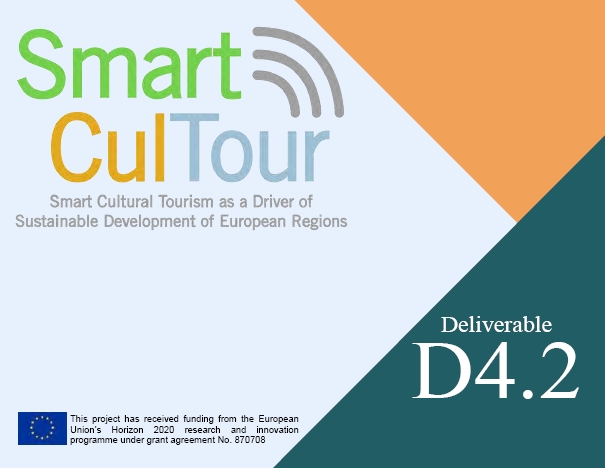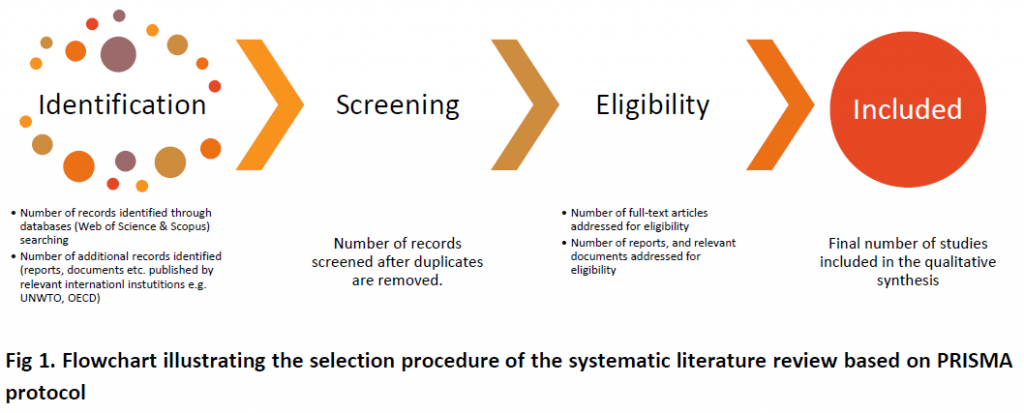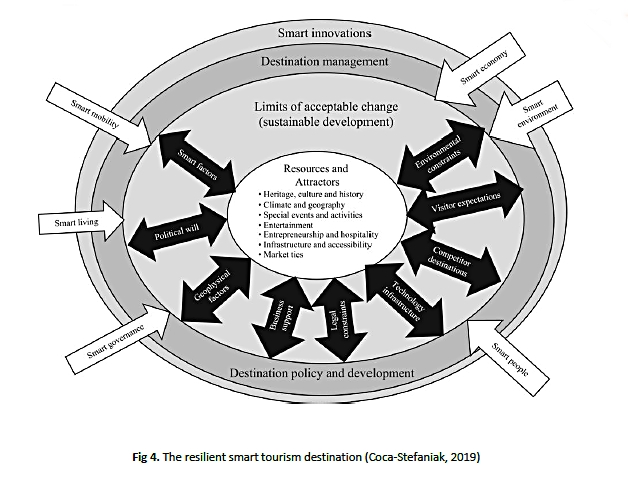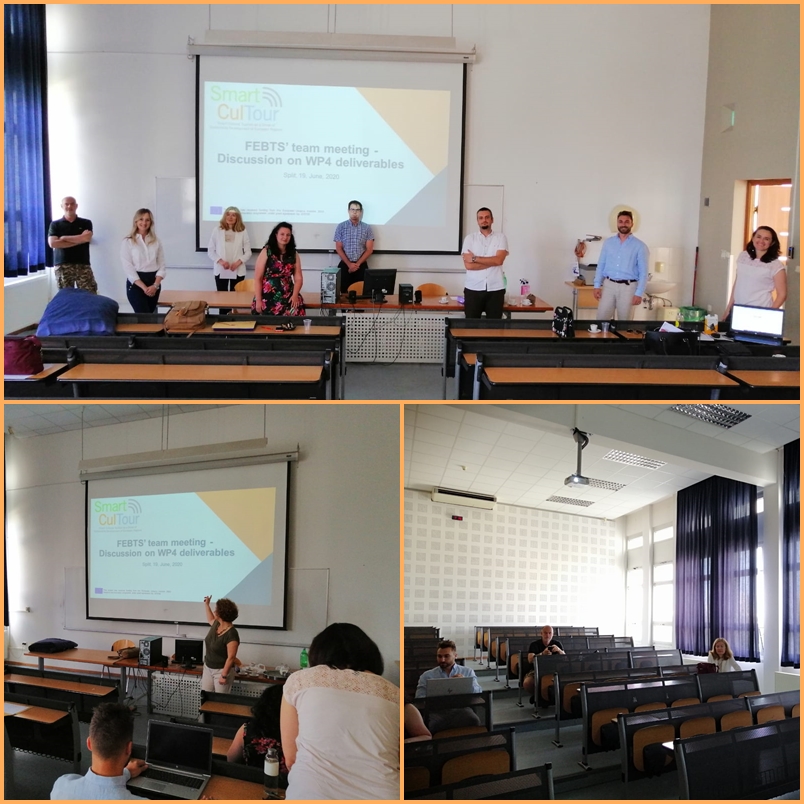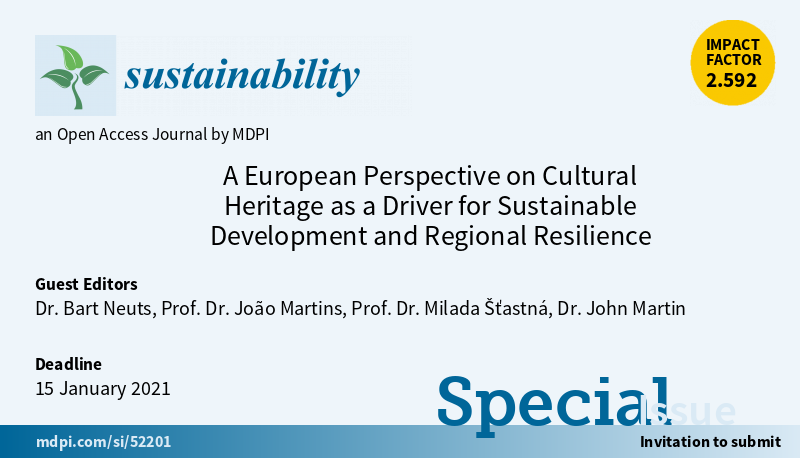Deliverable 4.2 – Report outlining the SRT framework
The team of experts from the Faculty of Economics, Business and Tourism (FEBT), University of Split, Croatia, have recently delivered a report striving to fulfil the SmartCulTour project objective of ‘establishing an improved indicator framework for cultural tourism impacts on a destination’s sustainability and resilience and linking them to an improved Tourism Area Life Cycle (TALC) model’.
The Report D4.2 contains four sections, including the Introduction; the Empirical Analysis section – outlining the data collection process, methods, analysis and main conclusions following each part of the analysis; the TALC modelling section delivering a theoretical foundation for the TALC modelling together with its empirical verification; Conclusion and Reference sections. At the end of the Report, an Annex contains tables and figures to describe the attained results.
The obtained research results shed light on the relationship between cultural tourism development and destinations’ sustainability and resilience, taking into consideration destinations’ position in the TALC. The foundation of the analysis are frameworks of indicators related to cultural tourism development, sustainability and resilience of cultural tourism destinations corroborated in Report D 4.1. The empirical analysis was performed based on data collected for six case studies, i.e. six Living Labs involving thirty-five micro destinations, i.e. LAUs. Within this analysis, special focus was put on culture as the fourth pillar of sustainable tourism development and aiming to assess cultural tourism development impacts on a local scale, among others, by inaugurating indicators reflecting visitor and resident attitudes.
To analyse cultural tourism development influence on cultural tourism destinations’ sustainability both dynamic panel data and regression analysis were employed. The analysis in the resilience model was performed using only dynamic panel data methodology.
The results revealed that the cultural resources index (CulRes_INDEX) is without a doubt the most important in affecting both, sustainability and resilience of destinations under analysis, thus addressing the fundamental relevance of cultural resources from the cultural tourism policy standpoint. Considering that other indices such as those referring to cultural enterprises (CulEnt_INDEX), cultural governance and policy (CulGovPol_INDEX) and cultural tourism governance (CulGovTour_INDEX) are shown statistically significant with positive effects on regional resilience, and with diverging impacts on sustainability, elaboration of the obtained results requires an understanding of the broader regional development framework.
Given the requirement to associate the results of the analyses with the Living Labs life cycle stage (TALC), their movement along the life cycle curve has been modelled. The model indicated all LLs being in the stage of demand dependence, tending to reach the saturation stage unless restructuring policies and new products such as cultural tourism introduced.


